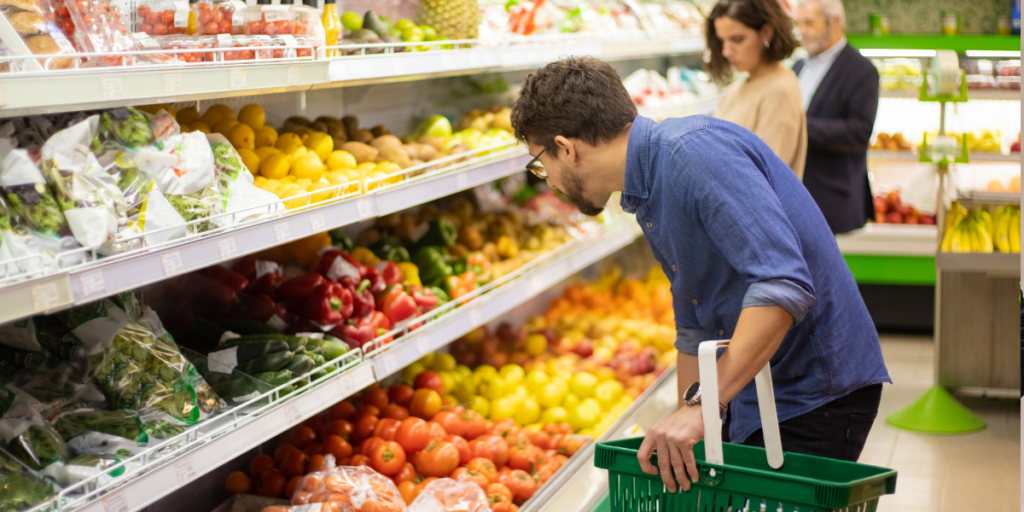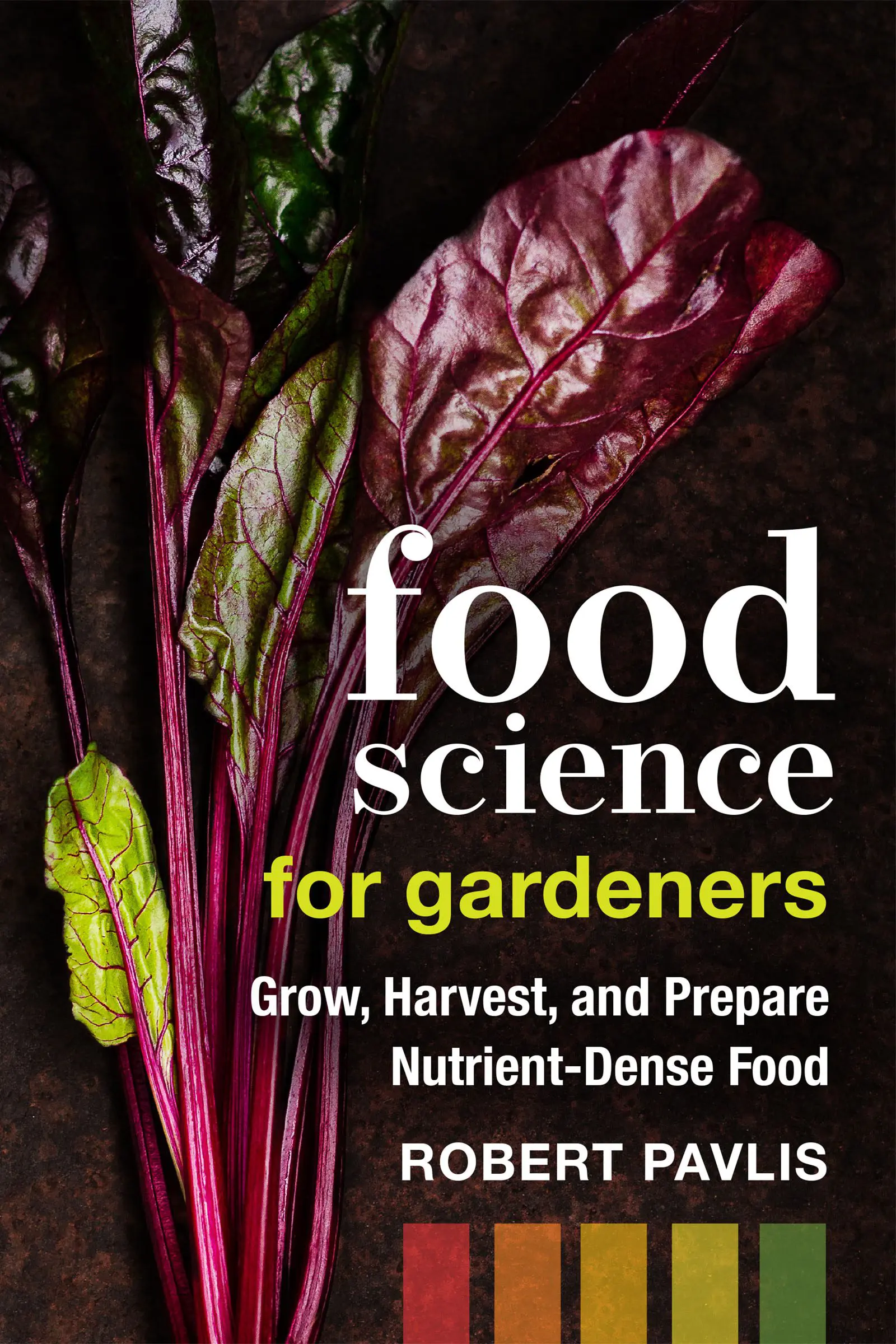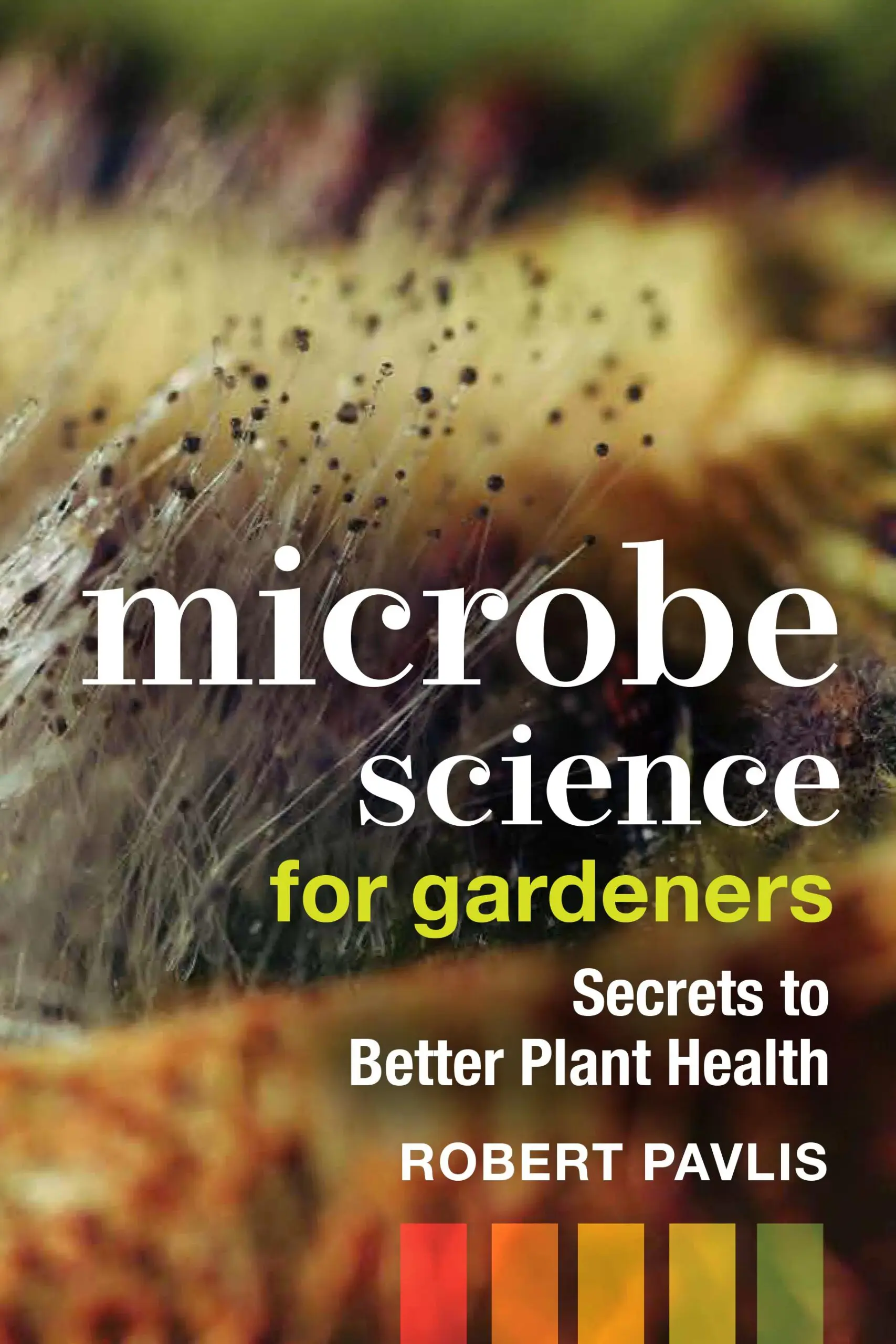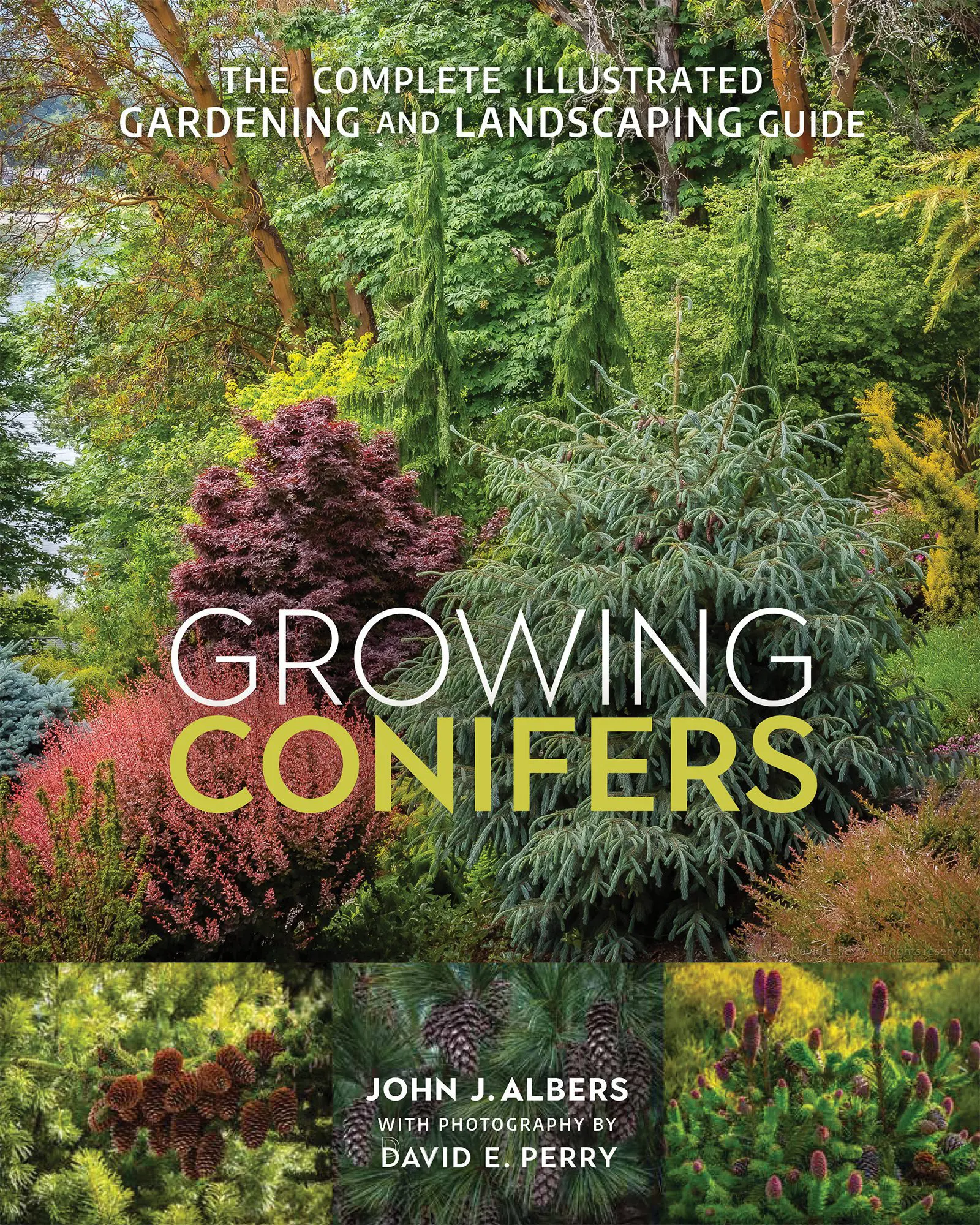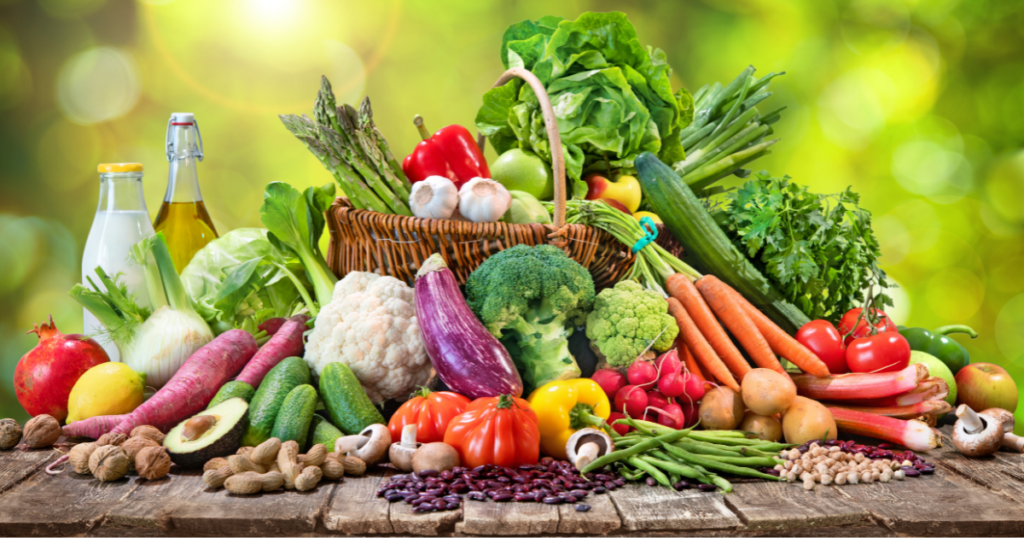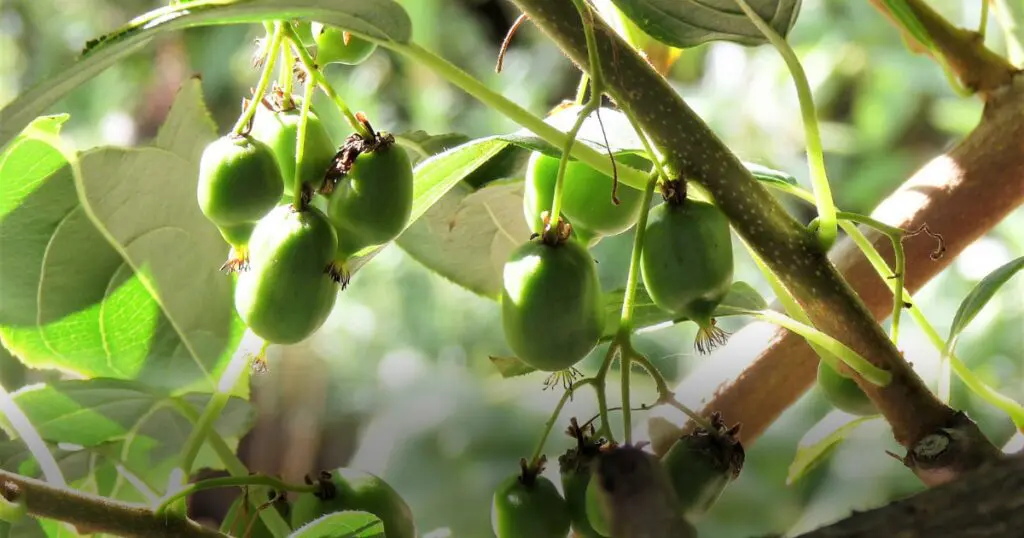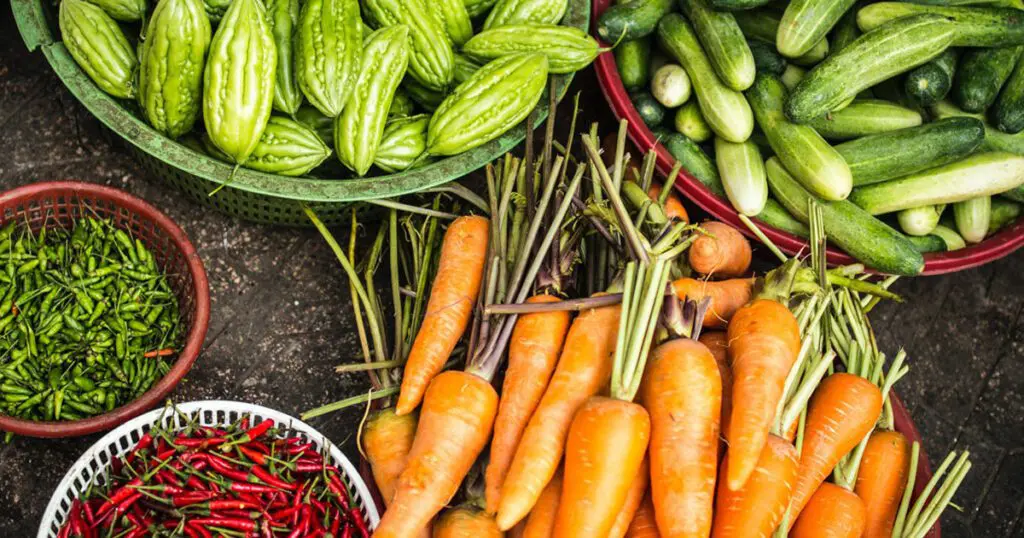
Understanding food science empowers us to make informed choices about what we eat, emphasizing both nutrition and safety. By grasping the fundamentals of food, we can see how different nutrients impact our health and well-being. And in today’s world, where sustainability is more important than ever, learning about food science and production can inspire us to grow and prepare our meals in ways that are both responsible and rewarding.
Robert Pavlis’s Food Science for Gardeners will help readers harness science to cultivate healthier, tastier fruits and veggies. We asked Robert five questions to give us a deeper dive into the world of food science and discover why Food Science for Gardeners is a must-read.
What made you decide to write about food science?
Why did I write this book? Well, there are lots of books out there about growing food, but when I looked for a book on nutrition, I didn’t find anything. Now, I did find some reference books that are designed for university study, but I didn’t find anything that was written for the homeowner, the gardener. So what I did was I took the information I know about gardening after 45 years of doing it, and writing extensively about gardening, and I combined that with the knowledge in these reference books, and I produced this book here, Food Science for Gardeners, written in a format that’s easy to understand by the general public.
The second reason I wanted to write this book is that there are so many myths out there about food and nutrition, and I wanted to tackle some of those. So I’ve debunked some of those here too. For example, you know that if you drop some food on the counter on the floor, there’s that three-second rule that if you pick it up fast, it’s safe? Well, believe it or not, that’s actually been studied, and the results are in the book.

Why is it important for people to understand food science?
Well, we spend a lot of money buying food and a lot of effort growing our own food. But what is the point of doing that if we’re buying food that’s not nutritious? Or we get nutritious food and then bring it into the kitchen and process it in such a way that we lose the nutrition.
The reason we shop for good food and grow our own food is because we want to have healthy food. We want our families to have good quality, nutritious food. For that reason, it’s really important that you understand how to get nutritious food and then how to preserve it and prepare it so that you’re eating the most nutritious food you can.
This book looks at topics such as what type of seeds you should use. Should they be heirlooms or hybrids? Which one is better for you? And then, it looks at gardening techniques. We have organic gardening techniques, and we have more traditional gardening techniques. How do those affect the nutrition of the food you produce?
Even something as simple as harvesting is important. When do you pick the tomato to get maximum nutrition? And then, of course, we have to cook this food. And there are many ways of cooking it, and some will preserve nutrition more than others. Those are all really important to understand.
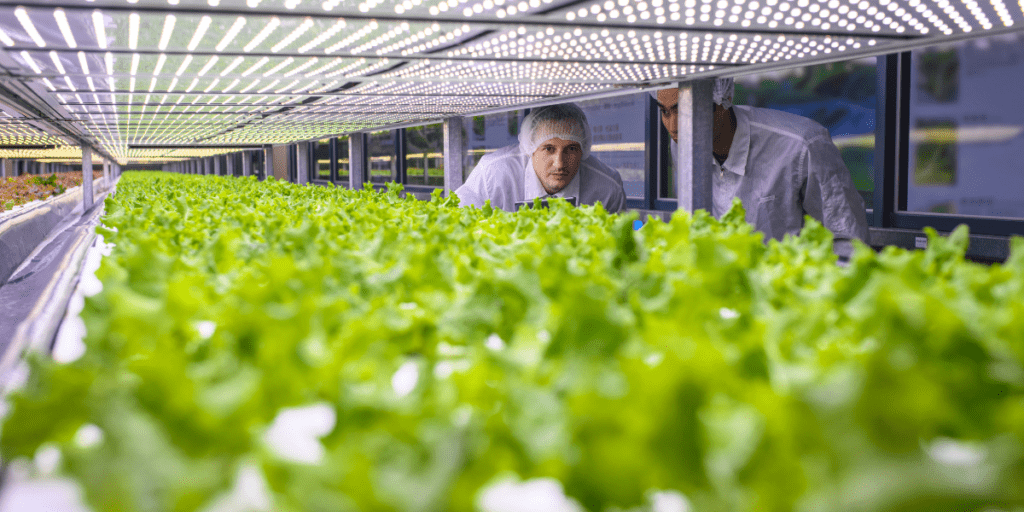
How does this book build on what you’ve covered so far in the series?
I mentioned the series of books, the Science for Gardeners series, and in that series I now have books on plants, soil, compost, and microbes. All of those topics are really important for growing healthy plants in the garden. But the one part that was missing is, how do we grow that food so it’s nutritious? It’s one thing to grow a big pepper plant with lots of peppers, but if those peppers aren’t nutritious, what’s the point?
And that’s why I wrote this book to add to the series. It brings the topic of food production full circle. You know how to grow it. You know how to use microbes to enhance the quality of those plants. The plant book tells you all about plants, how they grow, what’s important to a plant, how to take care of it in the garden. And now there’s a book to show you how to take that food, process it, store it correctly, and prepare it for your family to eat.
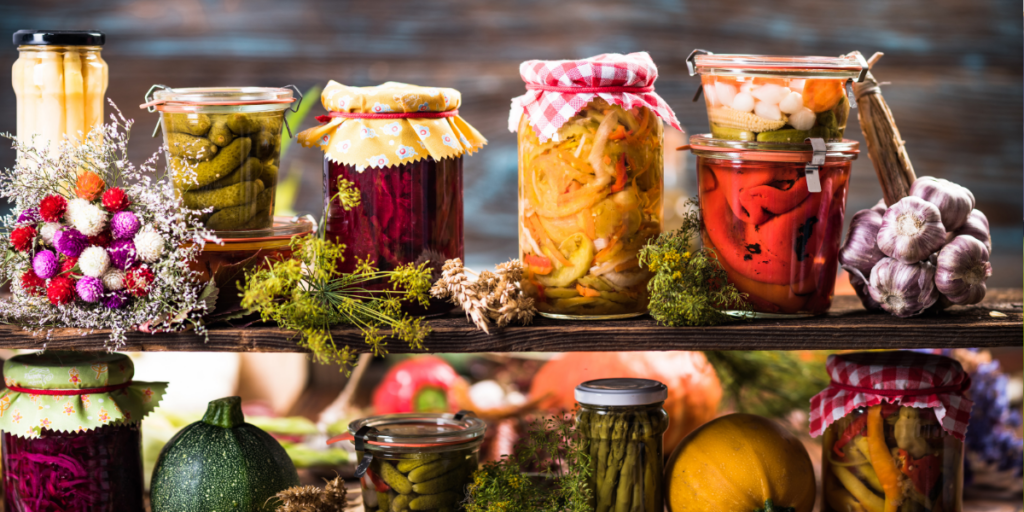
Why is now a good time to learn more about the science behind food?
Everything has gotten so expensive. Food is really expensive. The inputs that you put into the garden, the seeds, the compost manure, everything has gone up in price. You’re spending a lot of money growing your food. For that reason, now is the best time to really understand how to produce food nutritiously.
But there’s another really big reason why this book is important right now; the world is full of myths. Both traditional and online media are saturated with misinformation about food, nutrition, and health. It’s worse now than it ever was before we invented the internet.
One of the things that this book does is it looks at many of these myths and corrects them for you. Once you understand some of the truths about nutrition and food, you’re going to be able to make better decisions in the garden. You’re going to know how to grow the food. You’re going to know how to store it properly. As long as you read and believe all those myths out there, you’re going to make incorrect decisions. This book will help you understand nutrition and food so much better.
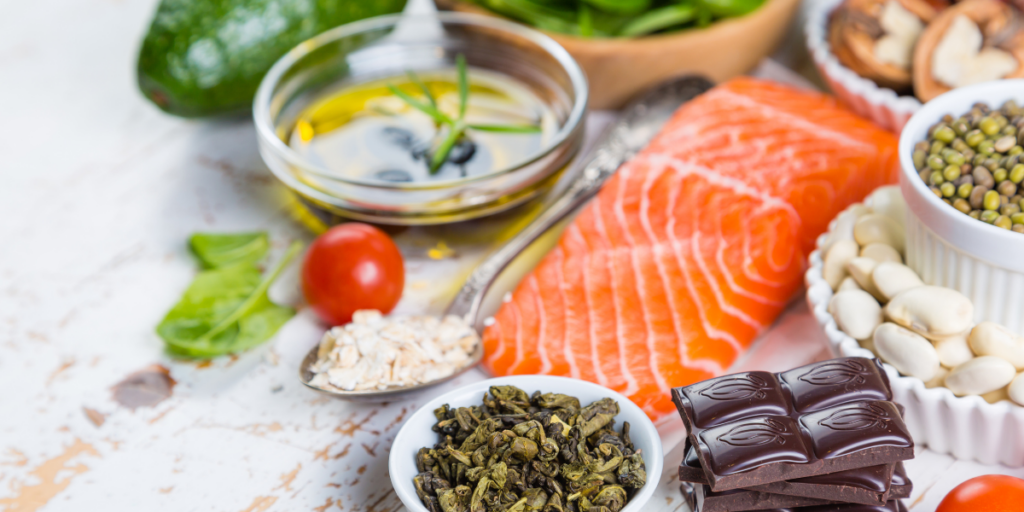
If there’s one thing you hope readers will take away from Food Science for Gardeners, what would it be?
I hope that after you read the book, you’re going to be a much more skeptical reader. When you see headlines or claims about food and nutrition, you’re going to question them. And the book will give you the background information you need to question and verify, and be a more knowledgeable gardener and consumer.
There are a couple key messages I want you to get out of this book. One is that we know much less about nutrition than we think. Now, that makes some of your choices more difficult, but at least you’ll have a better basic understanding of food science and nutrition, and that will help you make good choices in the garden and good choices in the kitchen. I know you’re going to enjoy this book.
Happy gardening.
